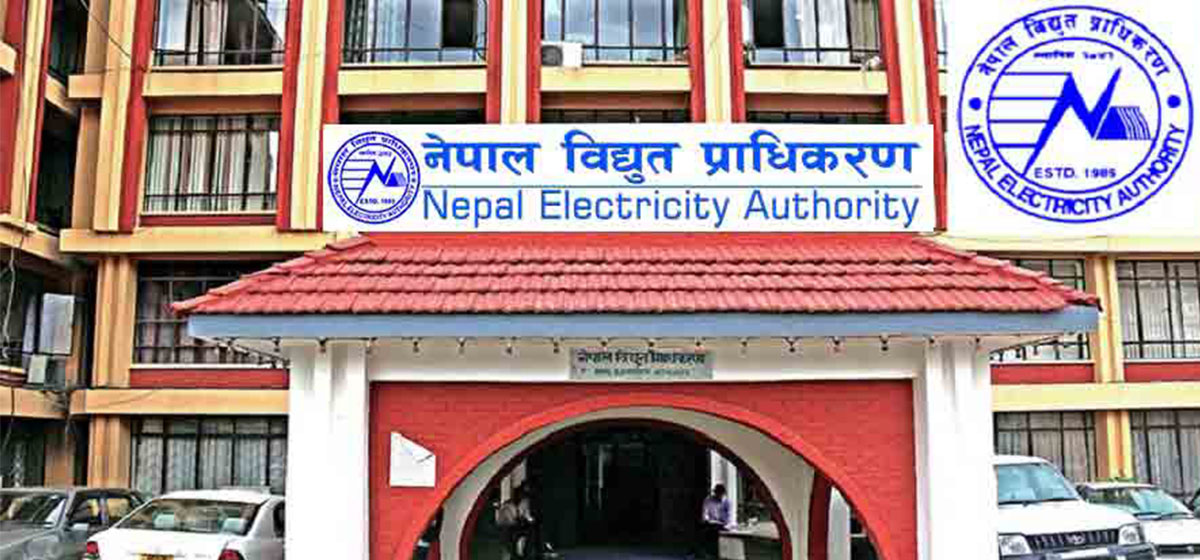Banning TikTok can be seen as another form of infringing on the right to freedom of speech
The decision by the Ministry of Communication and Information Technology to ban the popular social media platform TikTok has ignited a heated debate in Nepal. Amidst all the arguments, the act of restricting Nepali citizens' access to this widely-used social media raises significant concerns about the democratic future of Nepal.
Is the TikTok ban justified?
While Nepal is not the first country to ban TikTok, the government officials appear to lack a clearly drafted justification for the ban. India, in 2020, cited national security concerns with China as the reason for its ban. Other countries like the United States, Australia, and Canada have restricted TikTok on government-owned devices due to potential risks to data privacy and security.
Is The Future of Nepali Political Parties Doomed?

According to Nepali government officials, the main argument for banning TikTok was its alleged "disruption of social harmony, family structure, and family relations." The ambiguous nature of this reasoning raises questions on the political intentions of the decision makers. Without a concrete explanation of what constitutes a disruption to social harmony, this unjustified ban demands further clarification to ensure transparency.
Even if one were to accept that TikTok disrupts social harmony, banning the platform outright seems unreasonable. There's no guarantee that social harmony and family relationships cannot be disturbed through other social media platforms. Does this imply that Facebook, Instagram, and other applications will be banned next?
Democratic Future of Nepal
Nepal's constitution guarantees freedom of speech and expression for every citizen. However, political institutions in Nepal are known not to fully embrace criticisms on social media. In the guise of maintaining social order, there has been a rise in cases of arresting comedians and artists, and deleting news/posts from online platforms. Banning TikTok can be seen as another form of infringing on the right to freedom of speech.
Technological advancements pose challenges to society, but they also bring about significant benefits. Despite the risks of misinformation and polarization, social media platforms are powerful tools for democratizing knowledge. TikTok has enabled the widespread dissemination of news, information, and content, reaching a broader audience. A person living in the rural region of Nepal can not only share content showcasing their unique culture and geography but can also capture the attention of relevant authorities regarding local issues. Recently, the app has become a valuable resource for information on health, well-being, financial literacy, and more. The prohibition of TikTok further jeopardizes citizens' access to media and information, posing a potential threat to their rights.
TikTok has become a primary source of income for many content creators. For a developing economy like ours, it has offered a valuable means to attract foreign currency. When Nepal should be making policies to streamline the inflow of funds into the country, the decision to curb existing income-generating channels raises legitimate concerns. Beyond serving as a creative outlet, TikTok has also provided a platform for e-commerce, tourism marketing, and advertisements. For a country that is facing the consequences of a massive brain drain, shutting down avenues for income through digital platforms can mean the beginning of a huge economic downfall.
If not ban then what?
Completely cutting off access from a popular social media platform without a valid justification is not the solution. If there are concerns on content, moderating them can be an option. If the cases of online harassment and bullying are increasing, the Cyber Bureau can be more robust in catching criminals/abusers and punishing them. Dealing with the challenges of the modern digital age through traditional approaches will make it difficult for Nepal to catch up with the global technological developments.
It is high time that the government proactively prioritizes the development of equitable digital policies in the field of Artificial Intelligence, E-commerce, Content Moderation, and Cybersecurity. A holistic policy-making process consisting of technical experts, policy professionals and interdisciplinary researchers can be a good start. Additionally, the policies should be informed through both qualitative and quantitative research, inclusive of all stakeholders, particularly marginalized communities. Investing in research collaboration with academic institutions can be an effective approach. It is not possible to imagine the political, economic, and democratic future of Nepal in the absence of technology. In the fast-paced world, the Nepal government should take steps to adapt to these evolving circumstances.



































